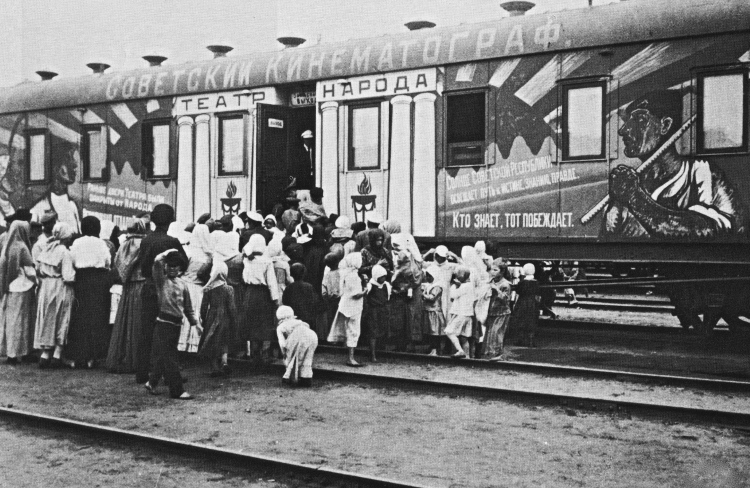Examining “Fake News” in History
February 11, 2018 — Last week, the Georgetown College Department of History hosted a roundtable discussion titled “Fake News in History,” in which presenters discussed the spread of false information at various events in history. The event was the second installation of the History Department’s discussion series “Why History Matters.”
Professor and Director of Undergraduate Studies Amy Leonard wanted the series to showcase the history major to undergraduates.
“I wanted to show how relevant history is to everything that goes on around us, and how we can use the tools we teach in our classes to understand and evaluate our current historical moment,” Leonard said. “[The purpose was] to show what historians do — use evidence to understand the past, put things within their context, talk about change over time, make connections, analyze and vet sources — and why these are things we could all be better at to evaluate and assess news today, whether found on social media, in newspapers, or anywhere else.”
Presenters at the event included Professors Michael David-Fox, Alison Games, and James Millward, Ph.D. candidate Abby Holekamp, and College Dean Chris Celenza. Each participant presented on a different topic and a different moment or individual in history.
Celenza began his presentation by discussing the new technological developments that change the way information is spread and consumed.
“I cannot think of anything more important for our students and in truth all of us to navigate these various undulating waves of information that are floating around out there, in all sorts of media,” Celenza said.
Celenza compared our modern challenges to the work of the 17th-century French Jesuit Jean Hardouin, a classicist who “became convinced that all ancient literature was a forgery.” As a result, Hardouin spent much of his life validating the dates and facts in many of the classic pieces of literature.
While Celenza did not advocate for this approach, he noted that authorship and date of publication are generally assumed to be valid today, something that couldn’t be assumed in the 16th and 17th century. This was in large part due to the printing press: The new technology’s uniform product rendered obsolete the older methods of determining authenticity. Celenza sees parallels to the modern news ecosystem, specifically the way technological advancements have cast doubt on reporting.
Other topics included the spread of propaganda by the British in the 17th century, the falsifying of photographs as early as the 20th century, and the persecution of the Uyghur minority in China.
The History Department plans to host more of these events, with the next tentatively scheduled for sometime in March. The theme is yet to be determined, but Leonard hopes attendees learned valuable lessons and will return for more.
“[I hope people learned] how they themselves can do a better job vetting what they read — to appreciate expertise, and to be able to tell fake news from real,” Leonard said.
— Darcy Palder
